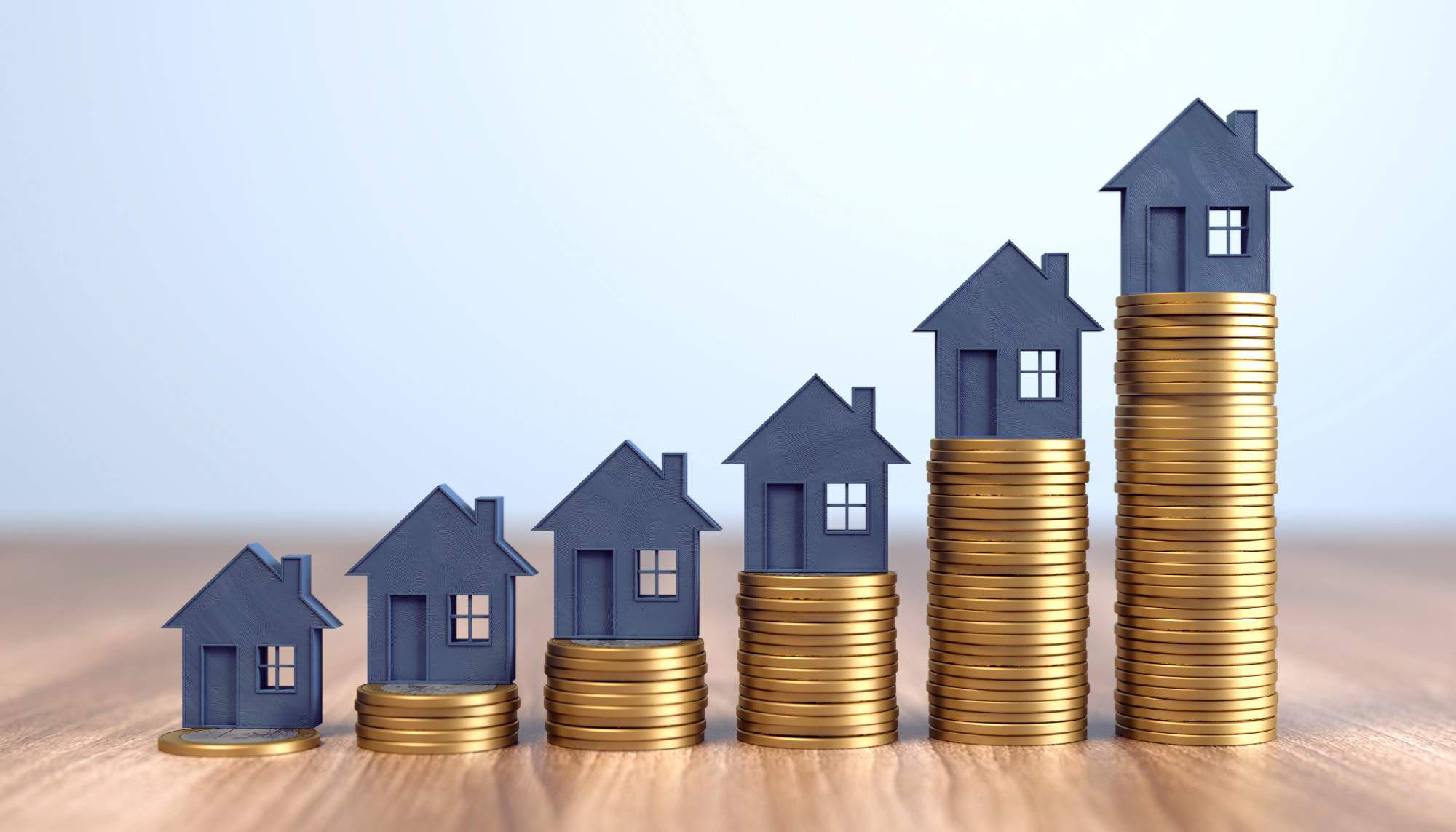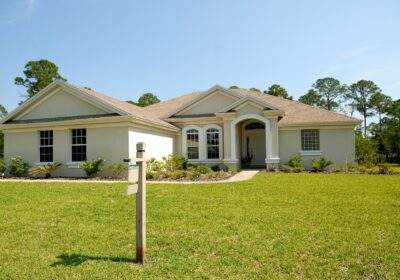
What to Consider When Weighing the Difference Between an Investment Property and a Second Home
Sales of vacation homes jumped by 16% in 2020, thanks to the pandemic. With people having the ability to work from anywhere, many workers thought it was the right time to find a second home.
If you’re thinking about buying another property, you may want to turn that into a stream of income. You need to look at the differences between an investment property vs. second home.
There are definite differences between the two, even though they’re used interchangeably. Read on to discover the differences before buying a property.
1. Usage
You have your primary residence. That’s the home where you live.
How you use any other properties you own defines whether they’re second homes or investment properties.
A home that you use during the summer or as a getaway is a second home. It’s often called a vacation home. You don’t live there full time, but you do live there while keeping a primary residence.
An investment property has the specific purpose to generate income.
There are instances where you have a vacation home and rent it out when you’re not there. The IRS says that you can claim a property as a second home if you live there for at least 14 days out of the year or 10% of the days it’s rented out.
Let’s say that you rent your home for 170 days out of the year. You would have to live in the property for 17 or more days to consider it a second home.
2. Lending Implications
Since the purpose of the home isn’t for a primary residence, expect to pay higher interest rates. You can’t qualify for many government-backed loans, either.
The down payment requirements differ between investment properties and second homes. Most investment loans require 20% down. Some second home loans only ask for 10% down.
If your investment is a fix and flip, look for bridge loans or fix and flip loans. These are short-term loans that help you fund the purchase price and renovation costs.
You can find out more about fix and flip loans here.
3. Tax Implications
The IRS also says that you can rent your second home for two weeks each year without having to report the rental income.
Investment homes get treated differently, almost like a business. Investors have to report income and expenses on form Schedule E.
Investors can deduct expenses related to the property, such as mortgage interest, maintenance and repair costs, and depreciation.
When you sell an investment property for a profit, you’ll have to pay capital gains taxes. You may be able to defer taxes with a 1031 exchange.
When you sell a second home, you may have to pay capital gains. It depends on your income.
Compare an Investment Property vs. Second Home
It’s good to compare an investment property vs. second home before buying a property. As you can see, there are lending and tax implications that could determine your next property purchase.
Did you enjoy learning about the differences between an investment property and a second home? You’ll enjoy the other trendy articles on this site. Check them out today!
















